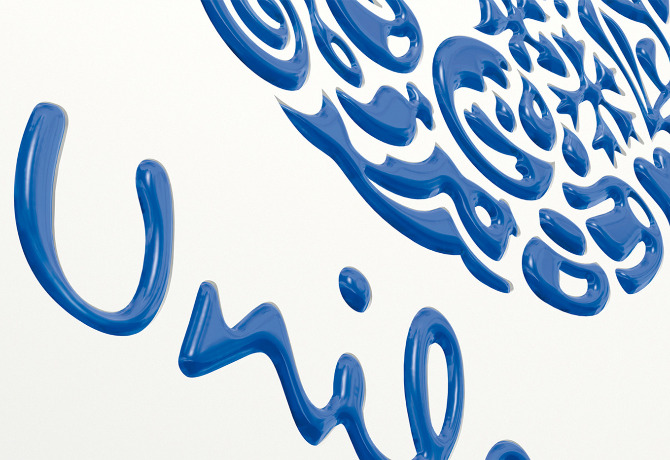More than a third of global consumers now base purchase decisions on brands’ social and environmental impact, according to a new report released by FMCG giant Unilever.
The study, carried out with Europanel and Flamingo, saw 20,000 adults in five markets – Brazil, India, Turkey, the UK and US – quizzed about how their sustainability concerns impact their choices in-store and at home, and mapped these claims against real purchase decisions.
The research found that one in five (21%) respondents would “actively” select brands if they made clear their sustainability credentials on packaging and in marketing, while 33% said sustainability had an impact on their purchase decisions.
The trend for “purpose-led purchasing” is greater in emerging markets, with only 53% of UK shoppers stating they “feel better” when buying sustainable products, versus 85% in both Brazil and Turkey and 88% in India.
Unilever estimates that these consumer attitudes present a €966bn ($1tn) opportunity for brands, as part of the wider €2.5tn ($2.6tn) market for sustainable goods.
“This research confirms that sustainability isn’t a nice-to-have for businesses. In fact, the very opposite is true,” said Keith Weed, Unilever’s chief marketing and communications officer.
“To succeed globally, and especially in emerging economies across Asia, Africa and Latin America, brands should go beyond traditional focus areas like product performance and affordability. Instead, they must act quickly to prove their social and environmental credentials and show consumers they can be trusted with the future of the planet and communities, as well as their own bottom lines.”
Under chief executive Paul Polman, Unilever has long championed its move towards sustainability. The company’s Sustainable Living Plan includes commitments to halve the environmental impact of its products by 2030.
And it says the policy is bearing fruit, claiming that brands such as Dove, Hellmann’s and Ben & Jerry’s that have “integrated sustainability into both their purpose and products” are growing 30% faster than the rest of the business.








